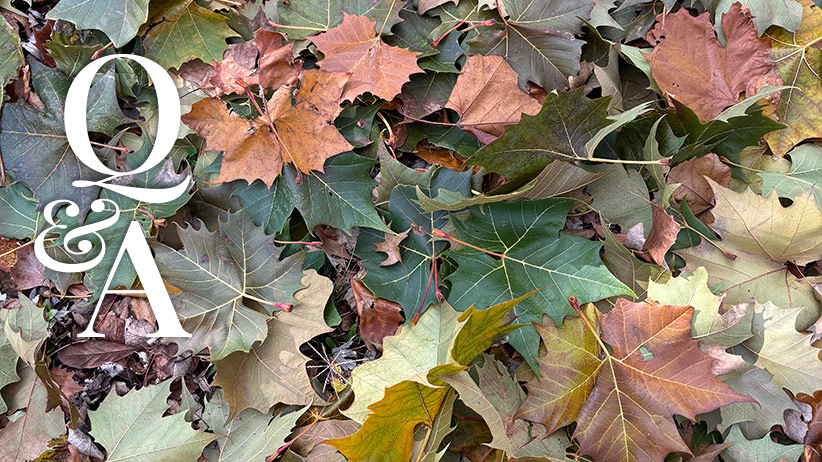As a homeowner, you’ve probably thought about working on your garden and using or spreading some mulch around it. But have you ever thought about what mulch really is? What’s so important about it?
Mulch is something that is spread over or laid on the tops of the soil in order to cover it. But why do you have to do this for your garden? This is so that the moisture inside the soil keeps weeds from growing, and it is also a way to keep it cool. The mulch can also help with improving the overall health of your soil as well.
Types of Mulches
Organic Mulches
Organic mulch is usually the most commonly used mulch around many gardens. This is because it decomposes, and it also improves the overall health and fertility of your garden soil. The drier the mulch, the more time it takes to decompose, which leaves fewer nutrients in the soil.
It is important to know the type of mulch that you are using so that you would know what type of work it is doing for you. Below are some examples of organic mulches and their uses:
- Grass Clippings – This type of mulch works best in far areas in your garden or yard. This works well when it comes to suppressing weeds. They also decompose quickly. Be prepared for some unpleasant or unwelcoming odor, so make sure to use them in remote areas. However, make sure not to use grass clippings as mulch if you’ve used weed killers in your lawn because they might cause a bad effect on your plants, especially if you have a vegetable garden.
- Bark Mulch – This type of mulch, on the other hand, works best when used around trees or shrubs. You can also use them in garden beds that you regularly use so that you won’t have to do much digging when you are thinking about replacing your foundation plantings. This is because this type of mulch lasts much longer.
- Compost and Composted Manure – This type of mulch can be used almost anywhere. However, make sure that they have already decomposed properly and don’t have any weeds. You can add them to dress plants or sprinkle them around plants so that you can give them a boost of nutrients that they might need.
- Newspaper Mulches – Newspaper clippings can also be used as mulch, and they provide good moisture to the roots of your plants. They can also help suppress weeds as well, being able to sheets of a newspaper also have great moisture retention abilities, and they suppress existing grass as well so that you can start new garden beds. They can also help control overall soil temperature.
- Shredded Leaves – Many gardeners prefer this type of mulch. They can be used in your vegetable garden. They can be used to resist too much water as well.
Synthetic Mulches
Aside from organic mulches, there are also what can be called synthetic or inorganic mulches. They can help hold or retain moisture and block weeds. They will also not be able to do much when it comes to making the soil much more fertile and will need to be replaced much more frequently because they do not decompose. Some examples include:
- Plastic and landscape fabric mulches – These are the ones that can be used nearby foundation plantings, shrubs, and trees. Plastic can kill some good things in the soil, so make sure that you cut holes in it, or into the fabric.
- Gravel and stone mulches – These types of mulches work great on plants that like extra heat.
















